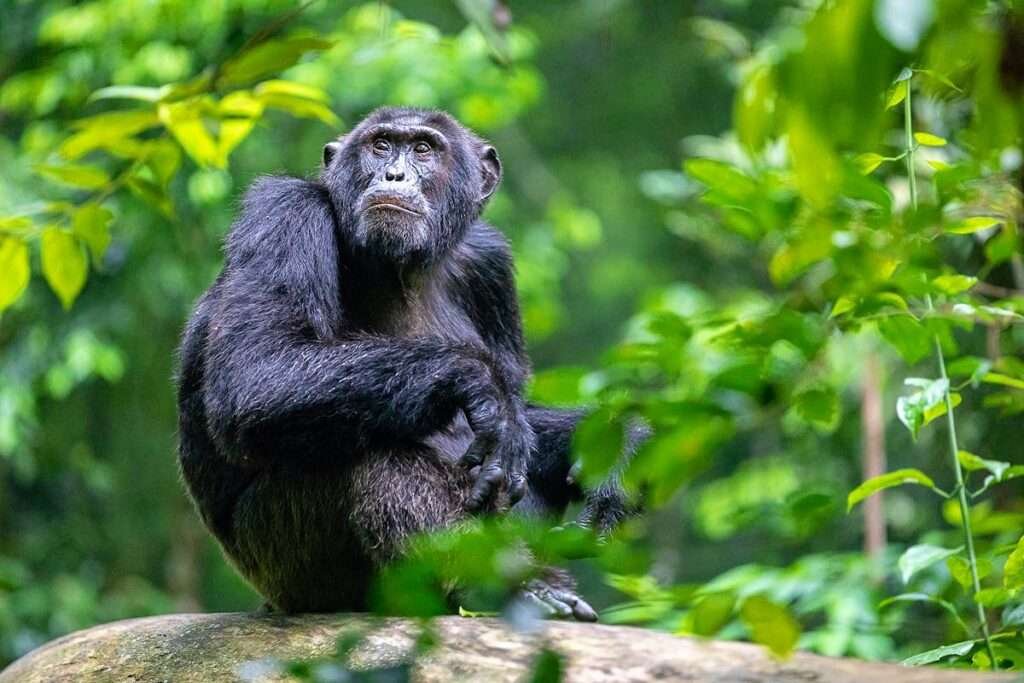Home » Destinations » Rwanda
Rwanda
Rwanda Luxury Safari and Vacations
In Rwanda’s Volcanoes National Park, a family of mountain gorillas, led by a silverback, peacefully munches on leaves just meters away, offering a rare and intimate wildlife encounter. As their last remaining forest habitat, visiting these majestic creatures is made possible by the return of peace to the country. This extraordinary experience is expertly crafted by specialists like Enchanting Travels, who are dedicated to curating unforgettable Rwanda itineraries. Expert trackers guide visitors on hikes into the mountains, allowing them to witness gorilla families in their natural environment. Additionally, visitors can explore famous walking trails in the park, including one leading to the tomb of renowned gorilla researcher Dian Fossey, immortalized in the Hollywood movie “Gorillas in the Mist.”
Despite Rwanda’s tragic history of civil war and genocide, the country has emerged with resilience. In the capital city of Kigali, a visit to the Kigali Genocide Memorial Center museum provides essential insight into the nation’s past. Beyond gorilla trekking, Rwanda’s Nyungwe Forest National Park, located just two hours south of Kigali, is home to at least 13 other primate species. A highlight of this park is the 197-foot-high canopy walk, offering visitors a thrilling stroll through the lush mountain forest amidst black-and-white Angola colobus monkeys, baboons, mangabeys, and vervet monkeys. These captivating creatures are sure to evoke laughter and wonder as they engage with visitors in their natural habitat.
Travel Carefree Again
Book your private, custom tour of a lifetime with 100% confidence
Popular Trips to Rwanda
Best Places To Visit
Volcanoes National Park, located in Rwanda, is a breathtakingly beautiful protected area known for its lush rainforests, diverse
Lake Kivu, one of Africa’s Great Lakes, is a stunning and serene body of water located along the
Akagera National Park is a stunning conservation area located in eastern Rwanda. Spanning over 1,100 square kilometers, it’s
Nyungwe Forest National Park, located in southwestern Rwanda, is a sprawling tropical rainforest covering over 1,000 square kilometers.
Kigali, the capital city of Rwanda, is a vibrant and rapidly developing metropolis known for its cleanliness, safety,
Best Time To Visit
Rwanda enjoys a pleasant, tropical-highland climate, with warm temperatures across most of the country. However, the high-altitude mountains are cool and refreshing, sometimes experiencing frost. Volcanoes National Park can be especially wet during the rainy months. Consult our experts to discover the best time to visit Rwanda.
Things To Do
From lush forests and towering volcanoes to endangered mountain gorillas and museums chronicling the country’s tragic past, Rwanda offers a wealth of experiences. Explore indigenous cultures in remote villages and discover the many things to see and do in this captivating country. Here’s a list of the top highlights that should definitely be part of your tour!
Safety
Since the 1994 genocide, Rwanda has stabilized greatly. It is relatively easy, safe and simple to travel around the country and tourism is on the rise. Enjoy a seamless and stress-free Rwanda vacation with some basic safety guidelines compiled by our team.
What Our Guests Say
[trustindex no-registration=tripadvisor]











